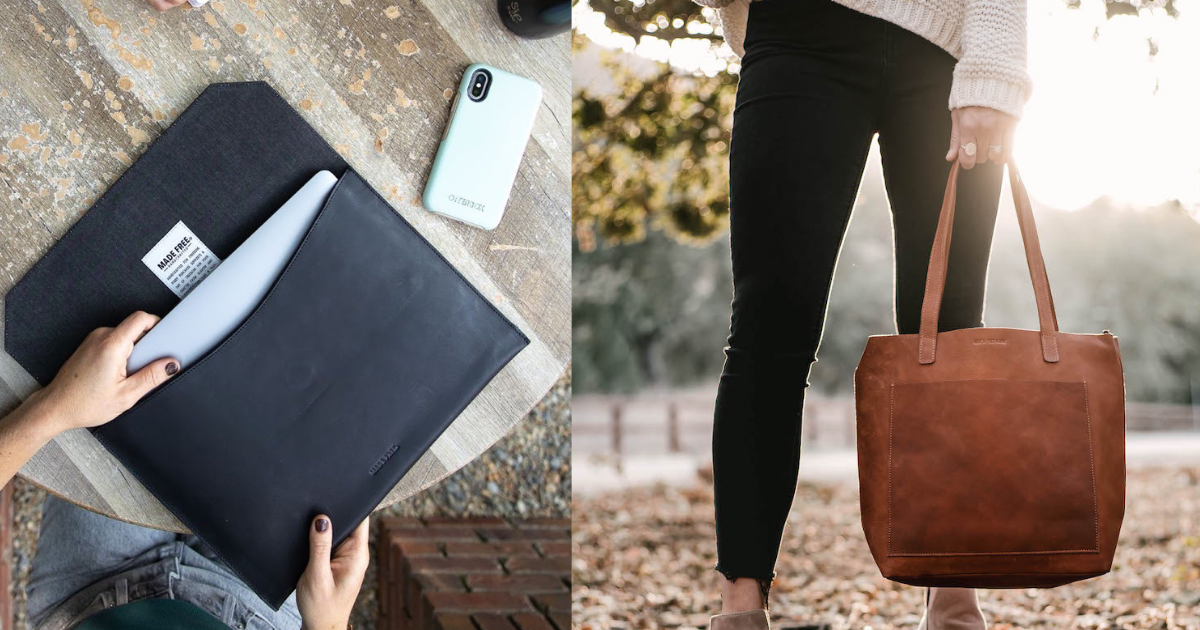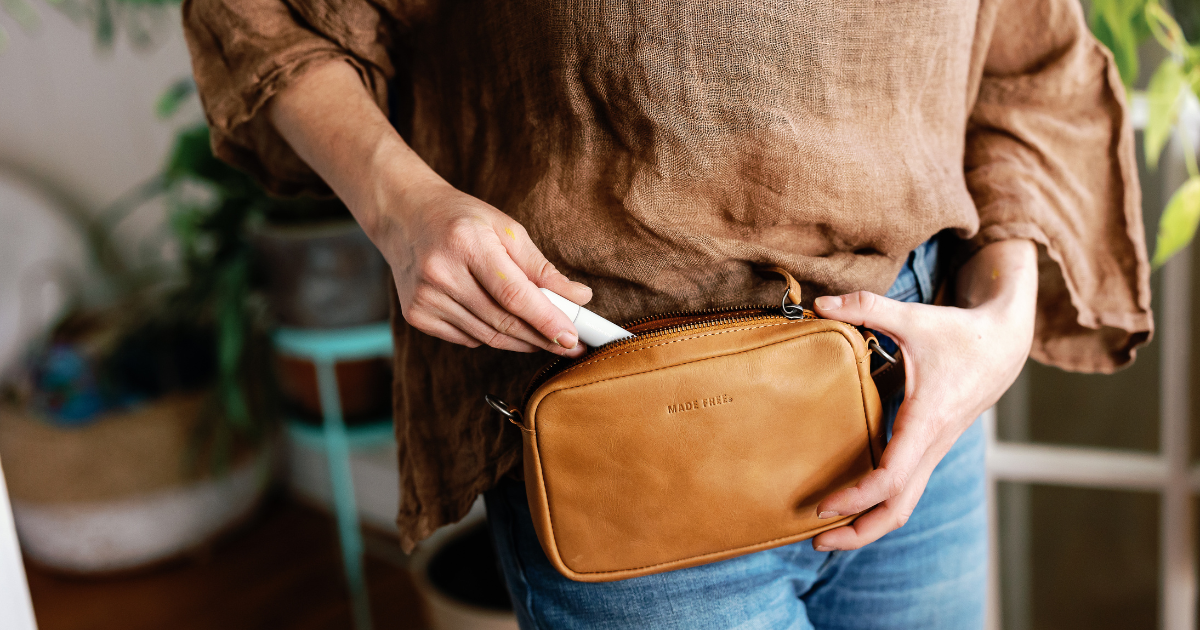
August is National Water Quality Month, a time dedicated to preserving Earth’s most valuable resource: clean water. Fresh water sustains our health, ecosystems, agriculture, and daily life. But today, water quality faces increasing threats from industrial pollution, waste disposal, and unsustainable production practices — including conventional leather tanning.
At MADE FREE, we believe every product choice matters. That’s why we champion vegetable-tanned leather: a centuries-old, natural tanning process that’s safer for our waterways, artisans, and planet.
The Problem: Water Pollution from Conventional Leather
Traditional chrome tanning is one of the most water-polluting processes in fashion. It relies on harsh chemicals that produce toxic wastewater, which can:
-
Contaminate drinking water sources
-
Harm aquatic life and ecosystems
-
Leave behind dangerous residues that persist for decades
In short: the conventional leather industry is a serious threat to global water quality.
You might also like: What is vegetable tanned leather?
The Solution: What Is Vegetable-Tanned Leather?

Vegetable-tanned leather — often called veg-tan — uses natural tannins from tree bark, fruits, and leaves instead of toxic chromium salts. This method has been practiced for thousands of years and remains one of the most eco-friendly leather tanning processes available.
Why it matters:
-
Eco-friendly tannins: Natural, biodegradable, and safe for waterways.
-
Safer for artisans: No exposure to harmful chemicals.
-
Durable & timeless: Develops a rich patina, ages beautifully, and reduces waste by lasting longer.
How Vegetable-Tanned Leather Protects Water Quality
Pictured: Tannin powders used to naturally dye the leather
Switching to vegetable tanning creates real environmental impact:
-
Cleaner wastewater: No toxic chromium, far less harmful runoff.
-
Sustainable production: Uses renewable natural tannins that break down safely.
-
Reduced long-term pollution: Supports ecosystems instead of destroying them.
Simply put: choosing vegetable-tanned leather is choosing cleaner water.
MADE FREE’s Commitment to Water & Sustainability
Pictured: MADE FREE vegetable tanned leather hip pack
At MADE FREE, we integrate vegetable-tanned leather into our products with intention. Each bag, wallet, or sleeve is a statement of sustainability:
-
Water-conscious production: Minimizing harmful runoff to keep global water sources clean.
-
Ethical employment: Protecting artisans from toxic exposure while paying fair wages.
-
Long-lasting quality: Products designed to last years, not seasons — reducing the cycle of waste.
Every purchase supports a day of freedom from human trafficking for our artisans — making your leather bag more than just a bag, but a choice for justice, water quality, and sustainability.
Shop Ethical Leather, Support Clean Water

This National Water Quality Month, rethink your leather. By choosing eco-friendly, vegetable-tanned leather bags, you’re not just carrying your essentials — you’re carrying impact.
Explore our collection of eco-friendly, vegetable-tanned leather products, from tote bags to laptop sleeves, and make a choice that supports clean water and sustainable practices.
Together, we can protect water, empower artisans, and shape a future where fashion serves both people and the planet.







0 comments